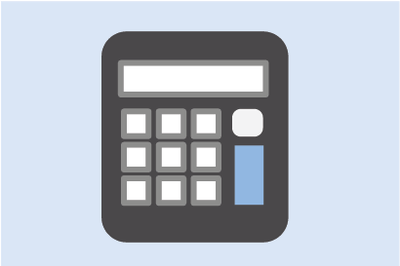Our financial and physical resources
Our use of financial and physical resources to support our work.
 We are mostly funded through audit fees that are collected for the audit and related assurance services we provide. We also receive Crown funding for aspects of our work that directly support accountability to Parliament, such as advising select committees and reporting to Parliament and the public on performance audits and inquiries.
We are mostly funded through audit fees that are collected for the audit and related assurance services we provide. We also receive Crown funding for aspects of our work that directly support accountability to Parliament, such as advising select committees and reporting to Parliament and the public on performance audits and inquiries.
The Covid-19 pandemic significantly affected our fee-funded functions, particularly Audit New Zealand, our in-house audit service provider. The pandemic increased the time taken for public organisations and our auditors to complete their work due to the inefficiencies of working remotely, additional audit work required, and stricter border conditions reducing the mobility and availability of auditors. In the past two years, auditors have experienced extended high workloads to catch up on audits deferred from previous years. We have had to reallocate 80,000 hours of audits across the portfolio, and increase the size of our workforce, to help manage deferred audits and continue to progress our current audits.
The above factors, along with higher costs and a higher inflationary environment, have led to forecast deficits in the medium term in the fee-funded parts of the business (which are managed through the Audit and Assurance Services memorandum account).
After a decade of restraint, increases in audit fees are now essential to address rising costs in the audit profession and to invest for the future. Audit New Zealand and other audit service providers typically negotiate contracts with public organisations once every three years. We have seen double-digit fee increases in recently negotiated contracts as we review the scope and costs of audits for the local government sector. We also sought, and received in Budget 2023, a capital injection of $16 million to address increased costs arising from Covid-19 for various audits that could not be recovered through fees and to address funding issues through the reallocation of audit work.
With the increases in audit fees, the capital injections from the Crown, and the implementation of further efficiencies from Audit New Zealand, we expect the Audit and Assurance Services memorandum account to break even in 2026/27.
